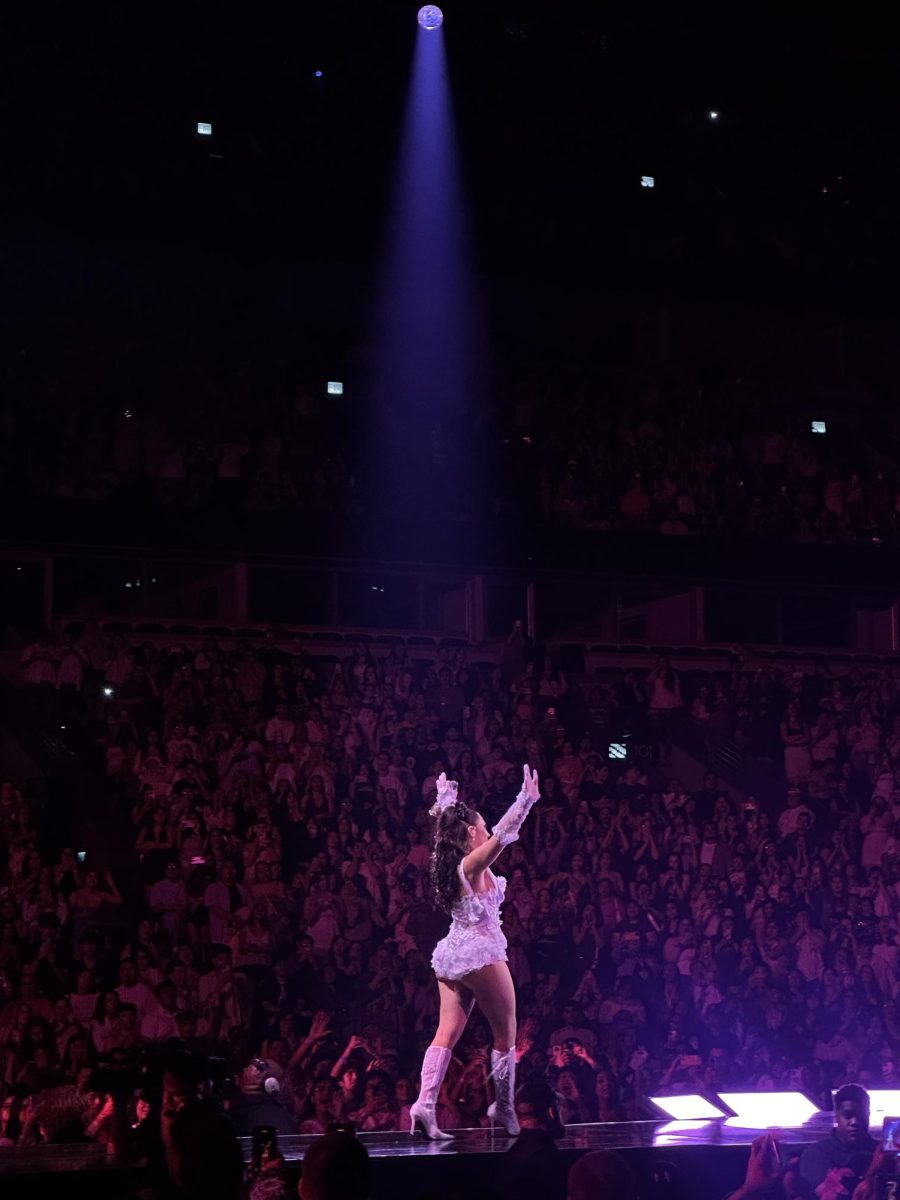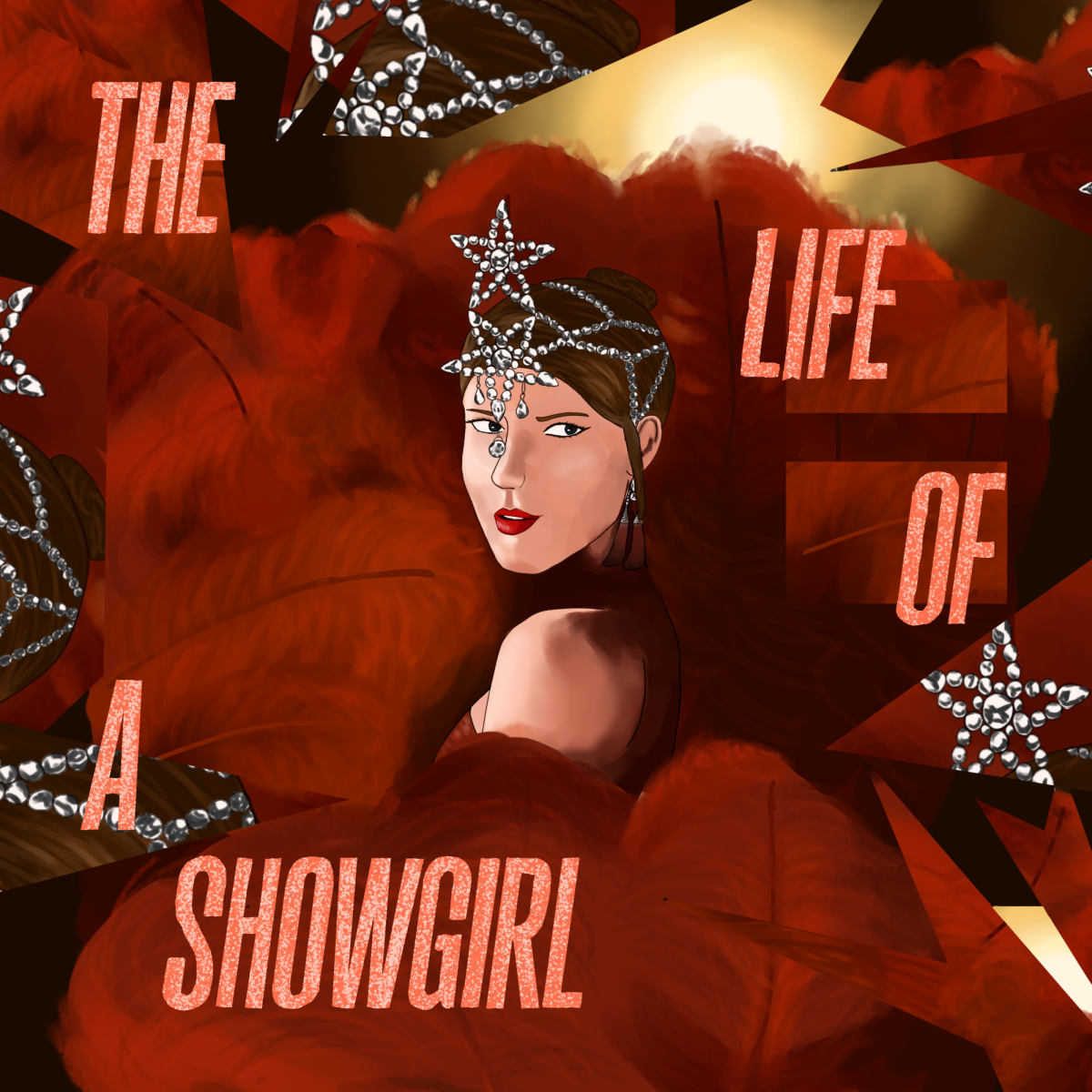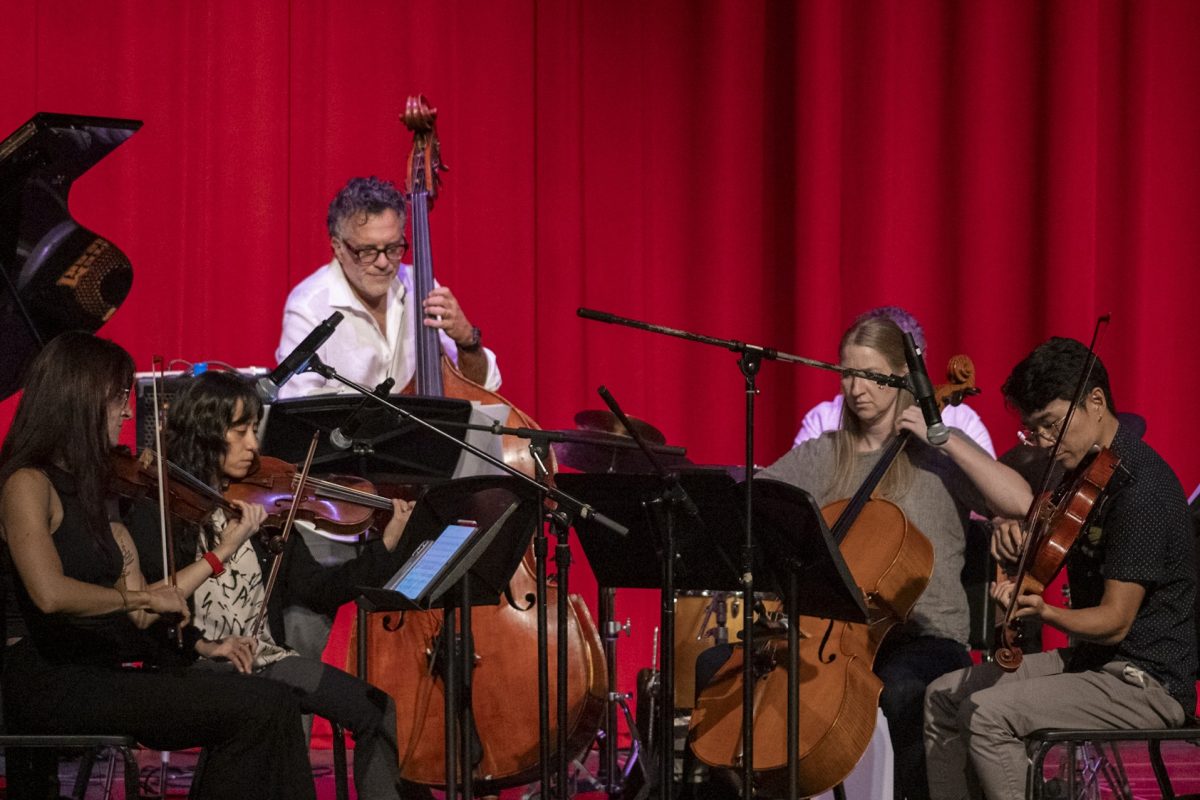When Beyoncé’s “Cowboy Carter” was announced as the winner of Best Country Album at the 2025 Grammy’s, country enthusiasts everywhere scorched the metaphorical earth of social media platforms to express their discontent with her win. Most complained that the album did not deserve its win because it “wasn’t country.” Then came Chappell Roan’s “The Giver” in March, which also caught some flak for its level of country, given Roan’s identity as a pop musician. The same thing happened to Lil Nas X’s “Old Town Road” in 2019 when it topped the Billboard Hot Country Songs list before being removed because “it does not embrace enough elements of today’s country music to chart in its current version,” said Billboard in their statement.
Controversies like these beg the question: What makes a song, album or artist “country?” Is it the instrumentals, the subject matter or the twangy southern accent? Perhaps the answer lies in the genre’s extensive history.
Country music first emerged in the 1920s with groups like the Skillet Lickers and the Carter Family paving the way in the recording industry. The Grand Ole Opry was established as a radio show and performance hall in 1925 in Nashville, Tennessee, and would be responsible for popularizing country music to wider audiences and being known for showcasing some of the biggest country stars of all time.

As the genre progressed and was exposed to these wider audiences, different iterations of country music began to bloom. Bluegrass, honky-tonk, Bakersfield sound, rockabilly, Nashville sound, folk, outlaw, country rock, country pop and alternative country were all subgenres that either branched off from country itself or blended with the Western genre or other cultural influences, like Mexican ranchera music.
The history of country music is vast and confusing. To the untrained ear, the difference between these subcategories of country music is minimal, which is why all of these smaller categories are filed under the hefty umbrella of country. What is difficult about these subcategories of country music is that the similarities are not the easiest to identify. Not every genre or popular artist within it has that iconic twangy accent. While instruments commonly associated with country in general are the banjo, acoustic and bass guitars, fiddles, mandolins and harmonicas, that element doesn’t always remain consistent throughout these subcategories, especially as pop country began to rise to popularity. Even the subject matter ranges from heavy topics about anti-government and progressivism to patriotism and conservatism.
Because of this vastness and lack of clear criteria, It is not right to look down on artists like Beyoncé and Roan simply because they don’t fit stereotypical expectations of what is or is not country. In fact, that directly opposes the path that country music has taken. The most important thing to note about country music is that the broad, ambiguous umbrella genre has always allowed for the experimentation and formation of these subgenres and therefore new cultural identities. Outlaw country would not exist without the blending of country with the Western genre. The world would not be blessed with the works of Dolly Parton if the move towards pop country was discouraged because it wasn’t “country enough.” The same thing can and should apply to Beyoncé or Roan’s blend of R&B and pop with country. It is not any different than the blend of rock and roll with country by artists like Johnny Cash and Carl Perkins, nor is it different from contemporary artists like Morgan Wallen and Jason Aldean incorporating characteristics of modern rap into their country music.
The key takeaway from conversations like these should be that confining music and artists to a specific genre is inherently against everything that music stands for. Classifying music by a genre is helpful and necessary when it comes to marketing and advertising albums, songs and artists. It helps people identify elements of music they like and find more of it with ease. But outside of that, it is not constructive. Music is meant to break down borders, not build them. Limiting emerging country artists to a specific set of parameters doesn’t inspire creativity or ingenuity that the music industry was built on and continues to rely on.
To me, country will probably always sound like pedal steel guitars and Willie Nelson’s soothing, baritone voice. But that does not invalidate the “country”-ness of Beyoncé, Roan, Lil Nas X or any other contemporary artist experimenting with the historically experimental genre.











